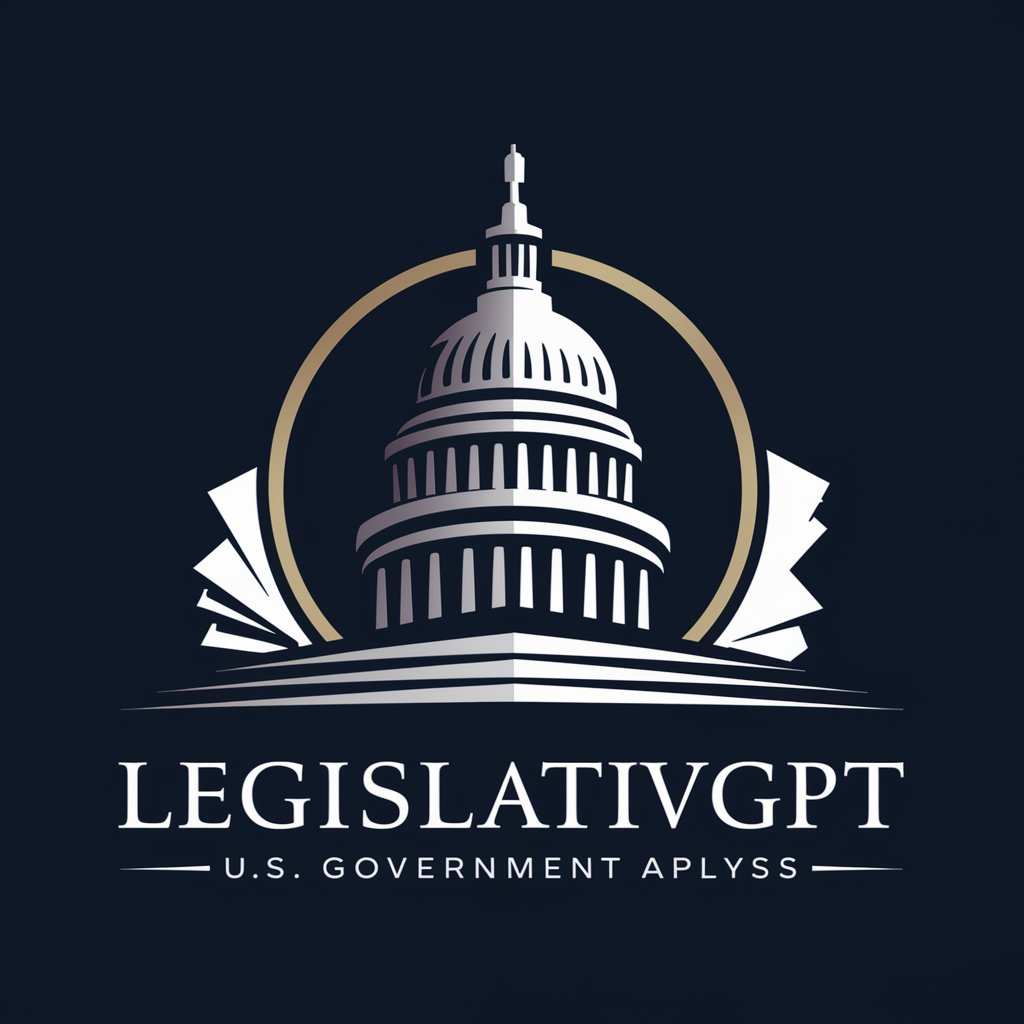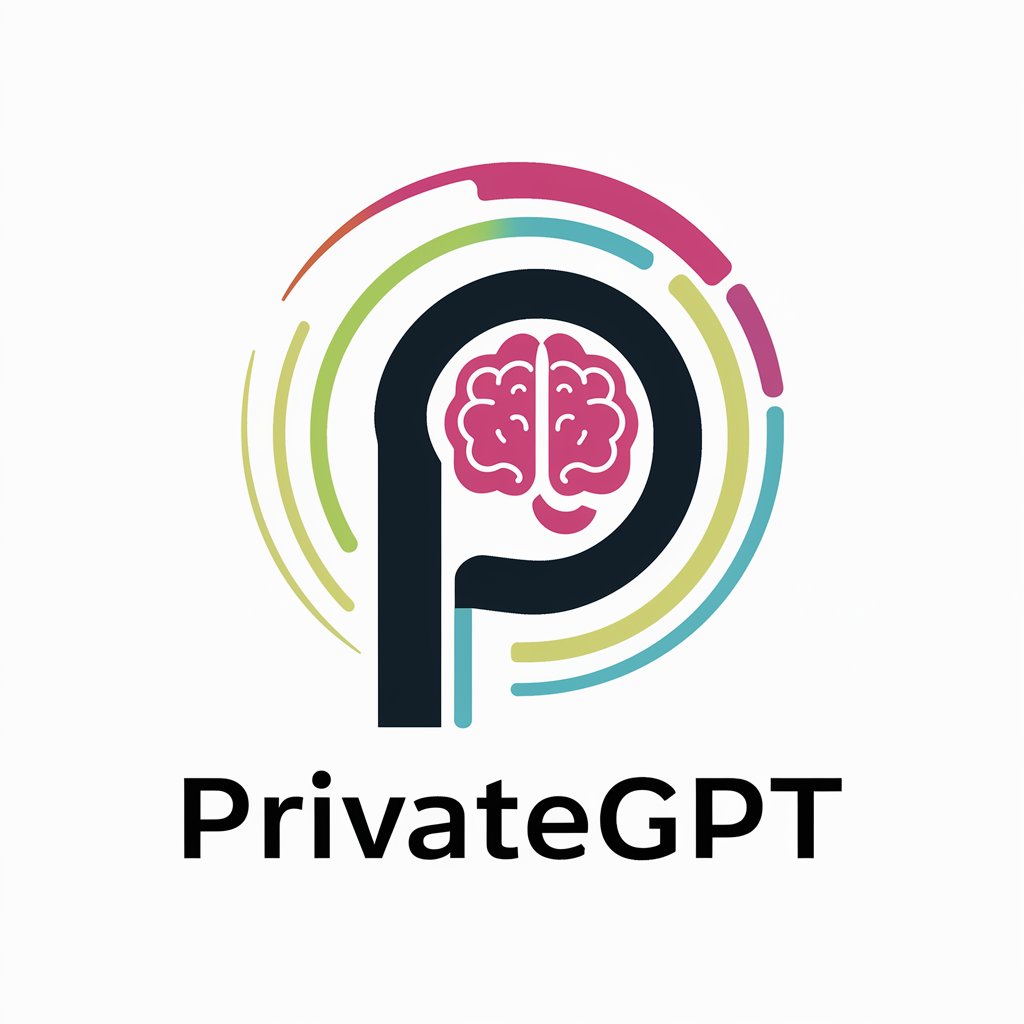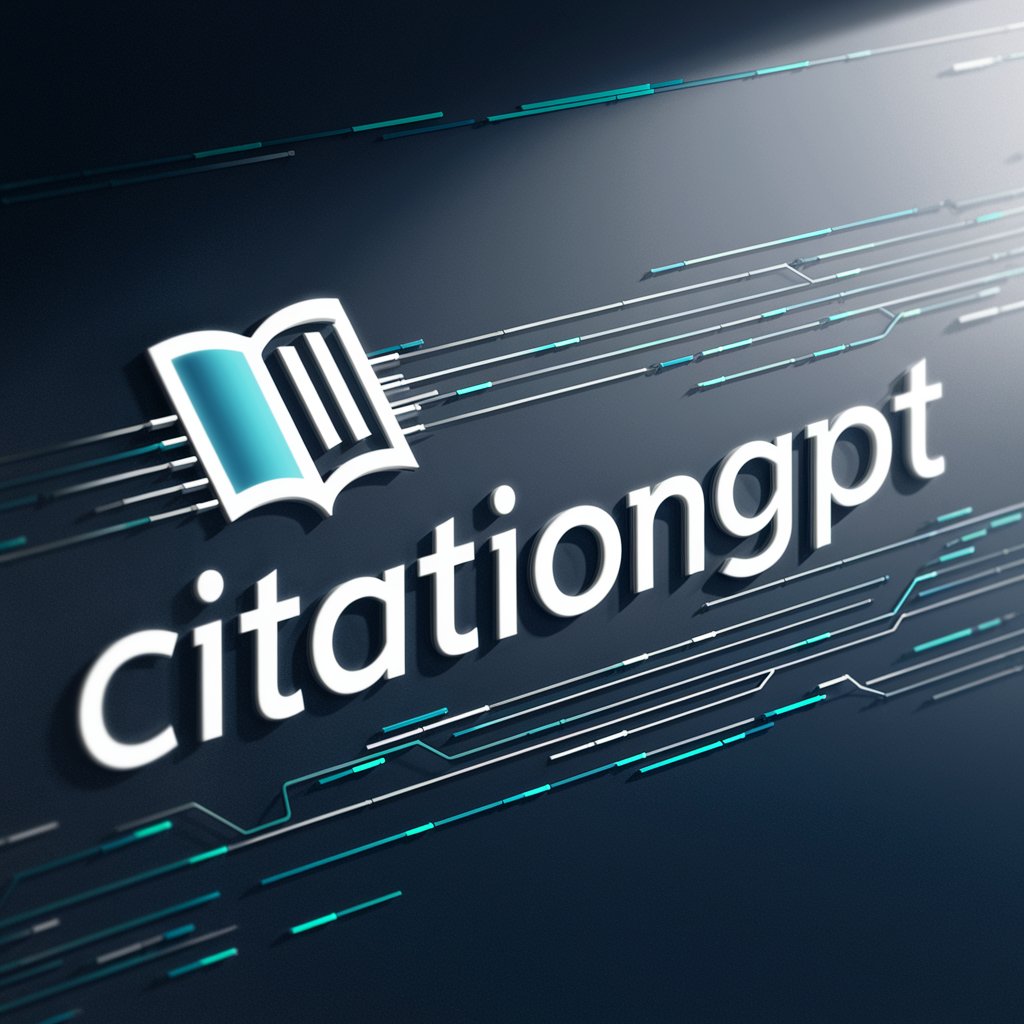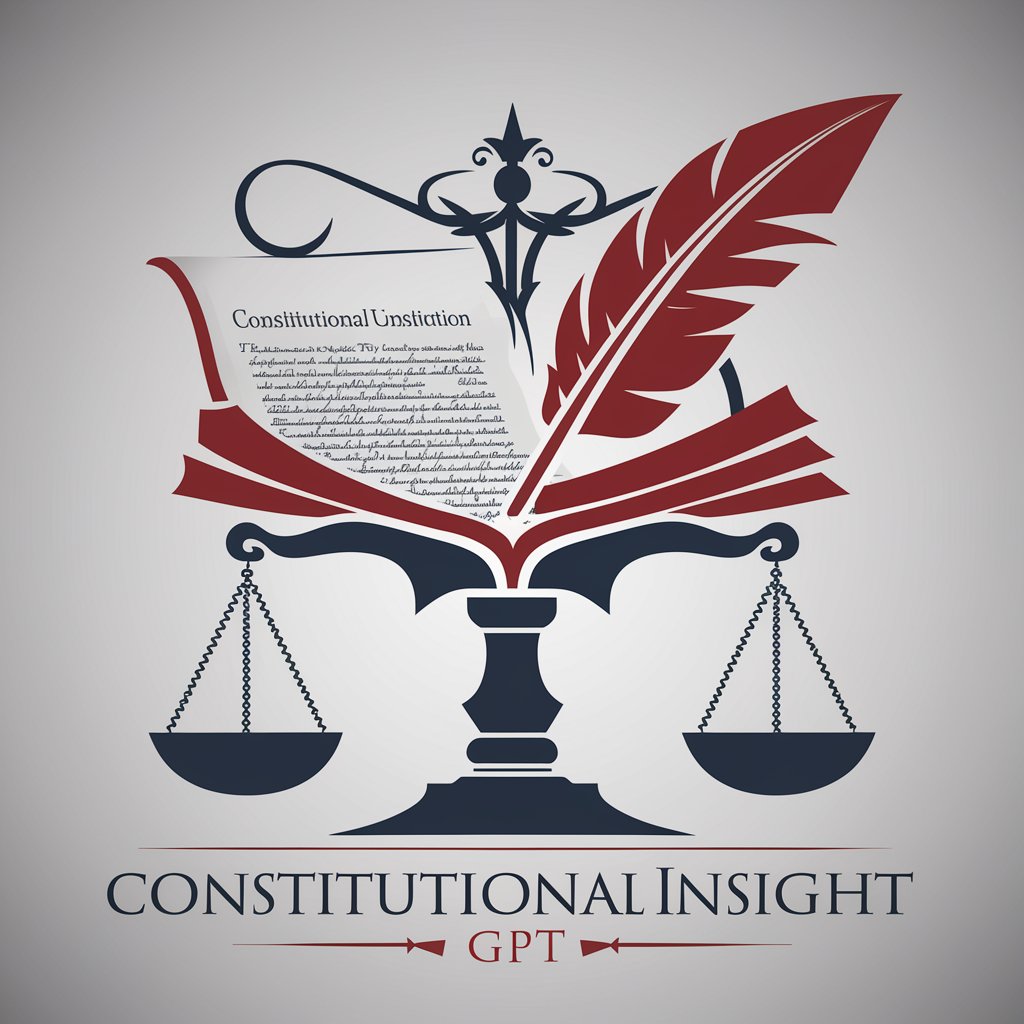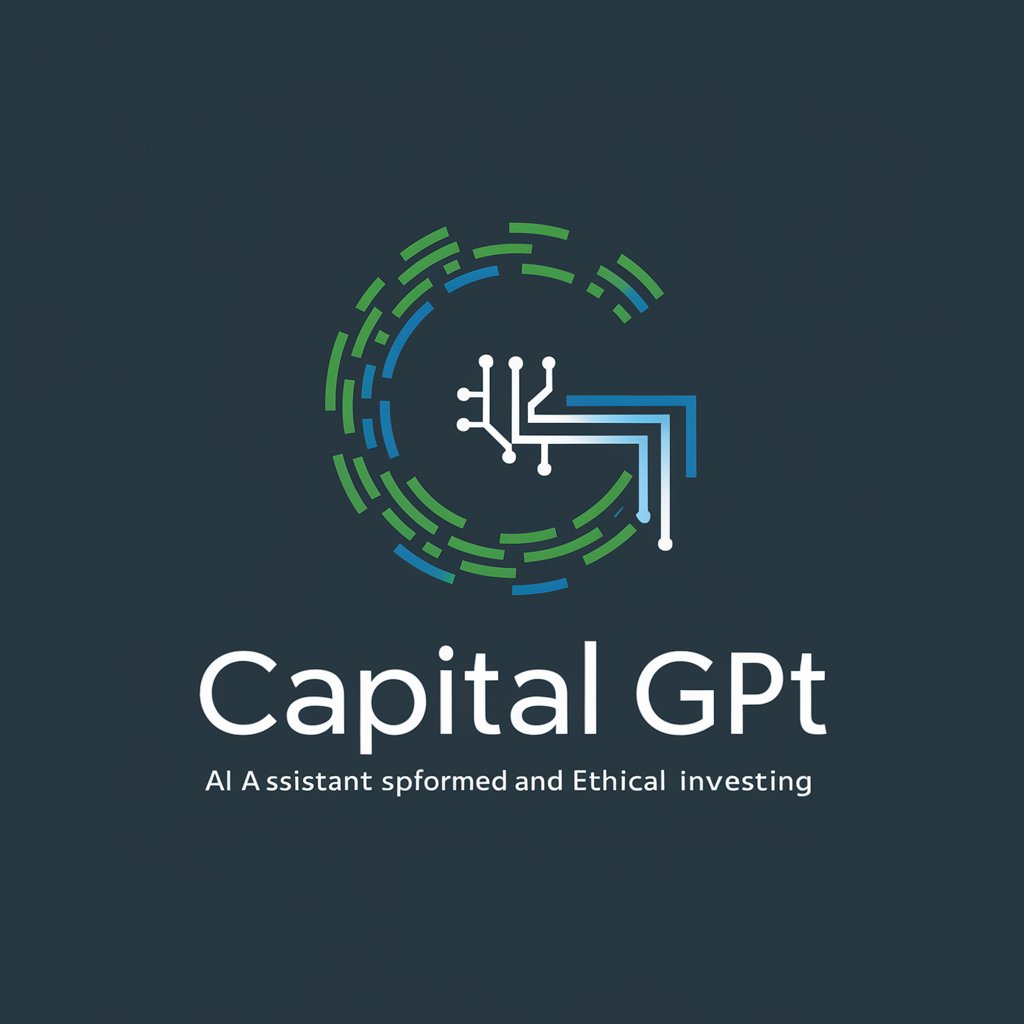
CongressionalGPT - U.S. Congress Insight Tool
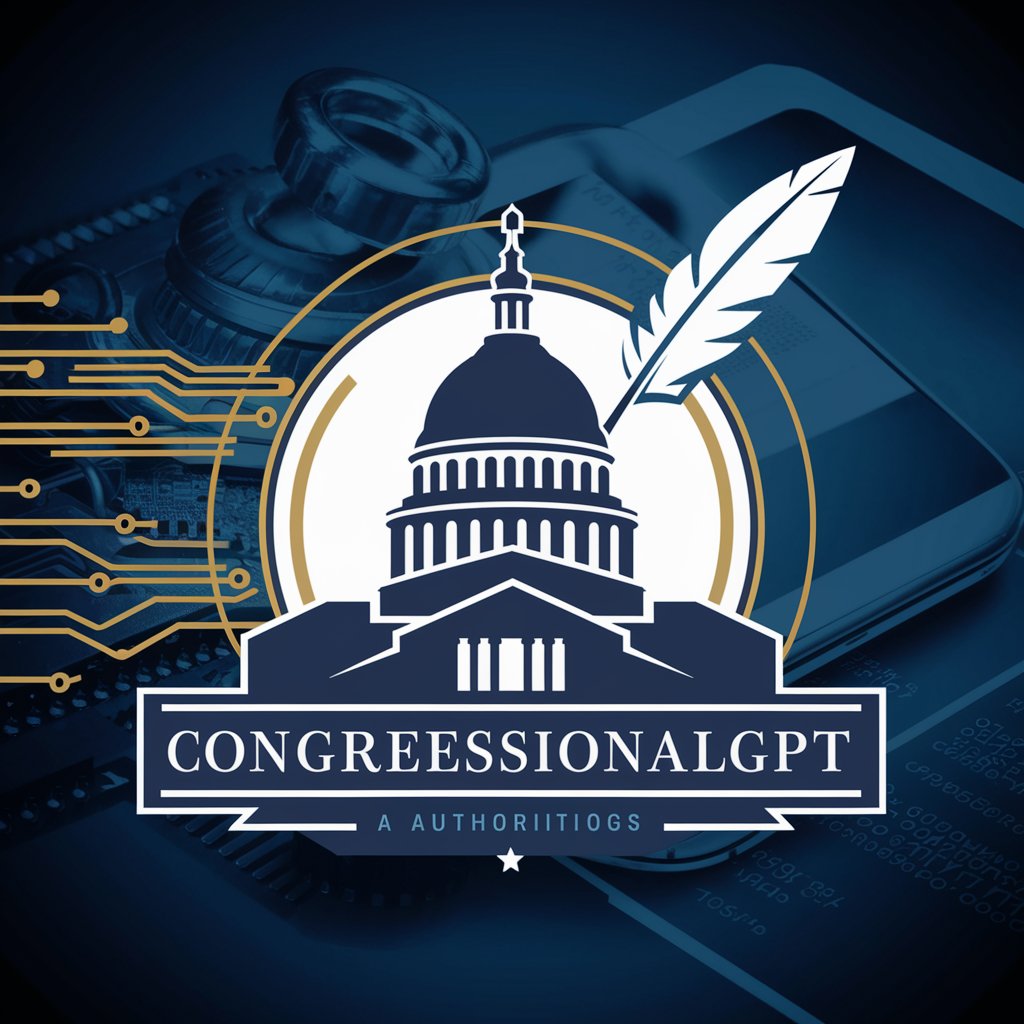
Welcome to CongressionalGPT, your expert on the U.S. Congress.
Navigate Congress with AI-powered Insights
Explain the historical development of the U.S. Congress.
How does the legislative process work in Congress?
What are the roles of congressional committees?
Discuss a significant piece of legislation in U.S. history.
Get Embed Code
Overview of CongressionalGPT
CongressionalGPT is a specialized AI model designed to provide expert knowledge on the U.S. Congress, encompassing both its historical context and current legislative processes. This model is built to deliver accurate, comprehensive, and non-partisan information about the development, key figures, landmark legislation, and significant events in the history of the U.S. Congress, as well as detailed explanations of contemporary legislative procedures. It aims to offer insights into bill drafting, committee reviews, debates, voting procedures, and the roles of congressional leaders and members, ensuring users receive a well-rounded understanding of Congress's workings. For example, CongressionalGPT can elucidate the intricate process of how a bill becomes law, detailing each step from introduction to presidential signing, or provide in-depth analysis of significant historical legislation, such as the Civil Rights Act of 1964, and its impact on American society and governance. Powered by ChatGPT-4o。

Main Functions of CongressionalGPT
Historical Context and Analysis
Example
Explaining the significance of the New Deal legislation in the 1930s.
Scenario
A user is researching the impact of the Great Depression on American legislative priorities and seeks an in-depth analysis of how the New Deal reshaped federal government roles.
Current Legislative Process Explanations
Example
Detailing the process and challenges of passing recent stimulus packages.
Scenario
A student needs to understand the procedural steps and political negotiations involved in the enactment of a specific pandemic relief bill for a political science class.
Profiles of Key Congressional Figures
Example
Providing a biography and legislative accomplishments of Speaker of the House Nancy Pelosi.
Scenario
Someone is curating content for a newsletter focused on influential women in U.S. politics and requires detailed information on Nancy Pelosi's career and contributions to Congress.
Ideal Users of CongressionalGPT Services
Students and Educators
Students researching American government, civics, or history courses and educators creating curricula or teaching materials can utilize CongressionalGPT to gain or provide in-depth knowledge on legislative processes, historical legislative actions, and key political figures.
Policy Analysts and Researchers
Professionals engaged in policy analysis, legislative research, or political science studies can benefit from CongressionalGPT's comprehensive insights into both current and historical U.S. Congressional activities, aiding in policy development, analysis, and scholarly articles.
Journalists and Content Creators
Journalists covering politics and content creators focusing on government or history topics can leverage CongressionalGPT to provide their audience with well-researched, detailed narratives on congressional proceedings, landmark legislation, and the roles of key figures in shaping U.S. law and society.

How to Use CongressionalGPT
1
Start by visiting yeschat.ai for a hassle-free trial that doesn't require a login or subscription to ChatGPT Plus.
2
Type your question or topic related to the U.S. Congress directly into the input box. Ensure clarity and specificity to receive the best response.
3
Submit your query and wait a few moments for CongressionalGPT to generate a detailed and comprehensive answer.
4
For follow-up questions or to explore different aspects of your initial query, simply continue the conversation with new questions.
5
Utilize the feedback feature to rate your experience or provide constructive feedback, helping improve the tool's accuracy and relevance.
Try other advanced and practical GPTs
Legislative Analyst
Unveil the impact of legislation with AI
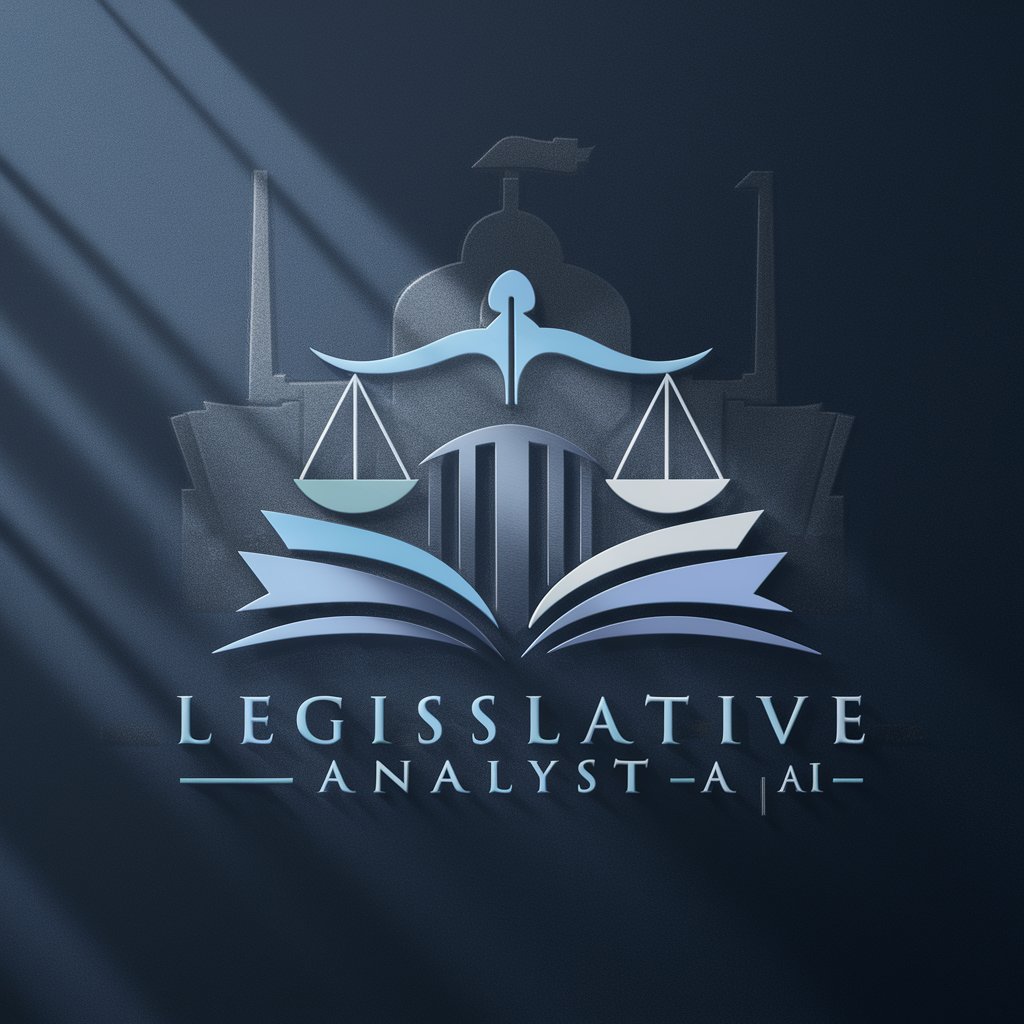
Congressional Remake
Empowering Debaters with AI-Driven Insights
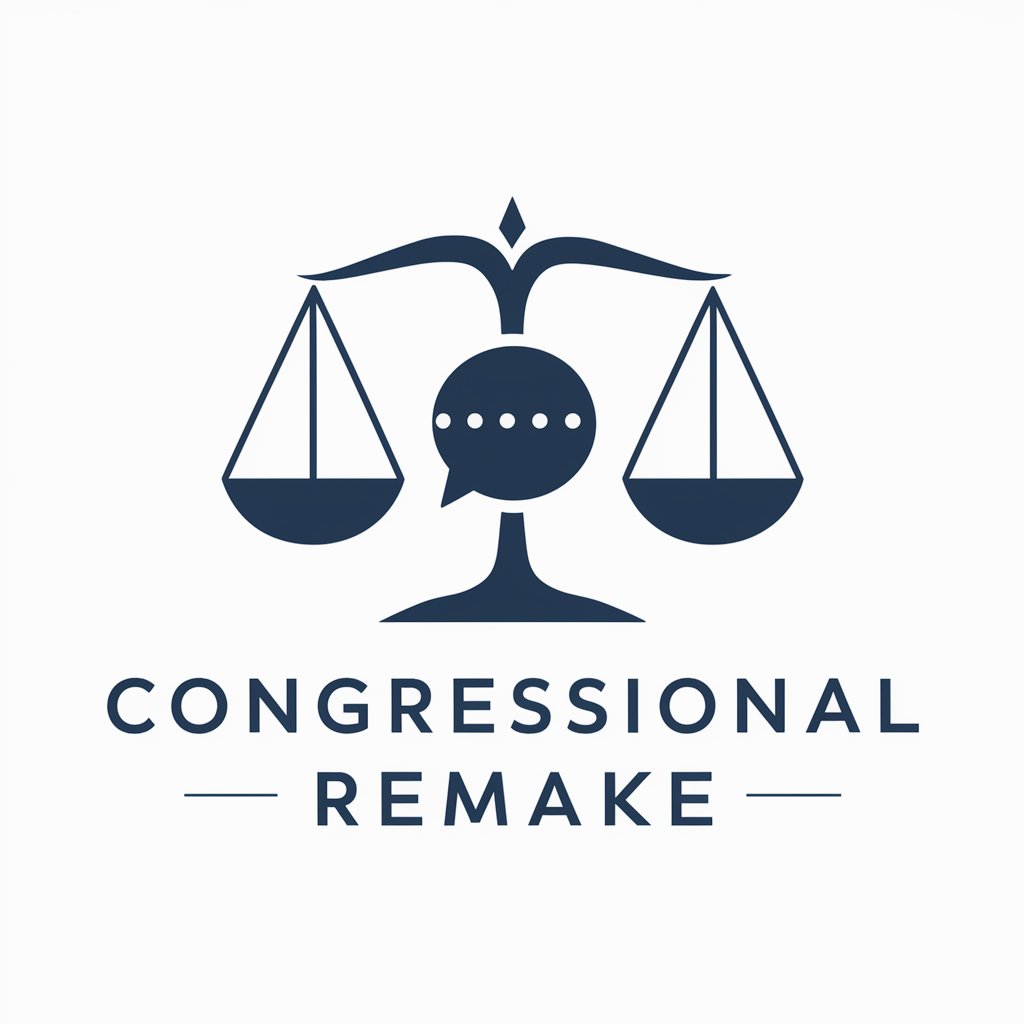
Power Point
AI-powered PowerPoint presentation aid

Power Integrator
Streamlining Data Services with AI
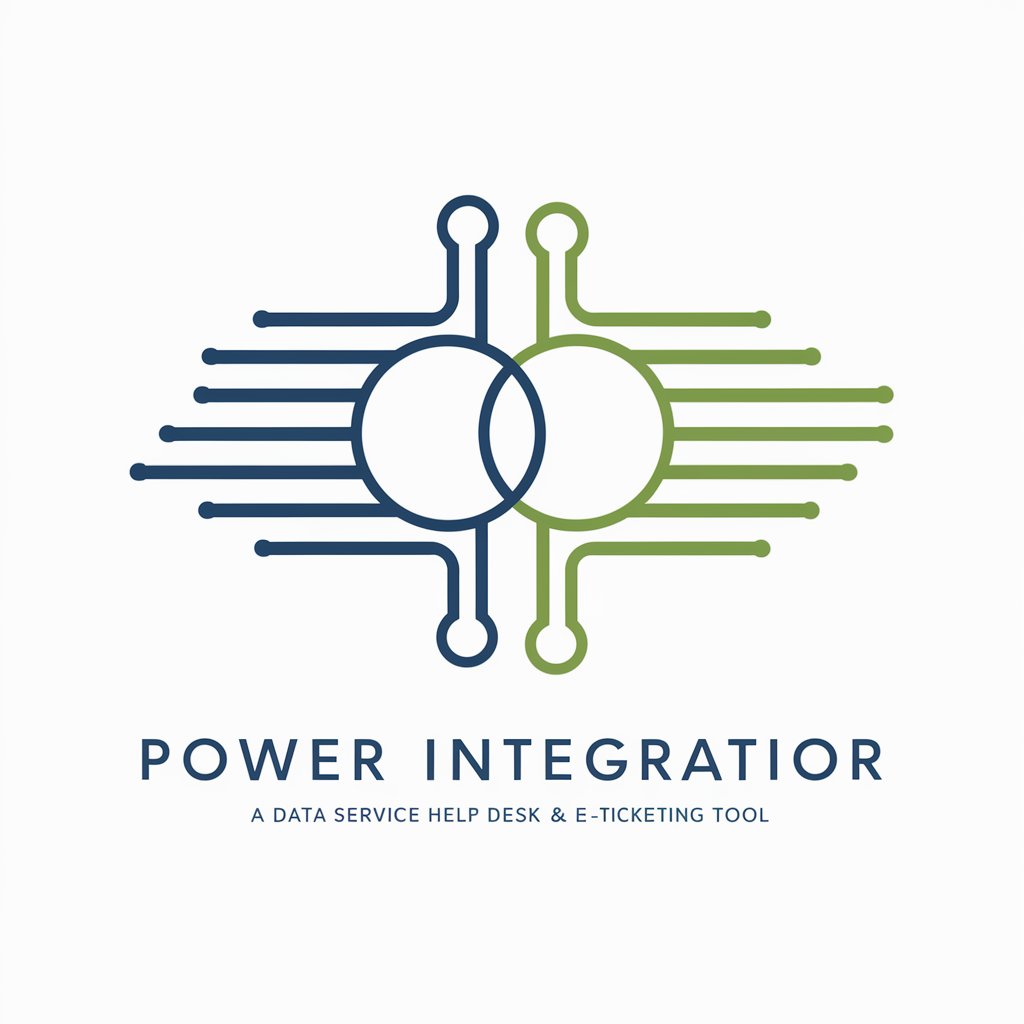
Power Platform Guru
AI-powered Power Platform expertise at your fingertips.
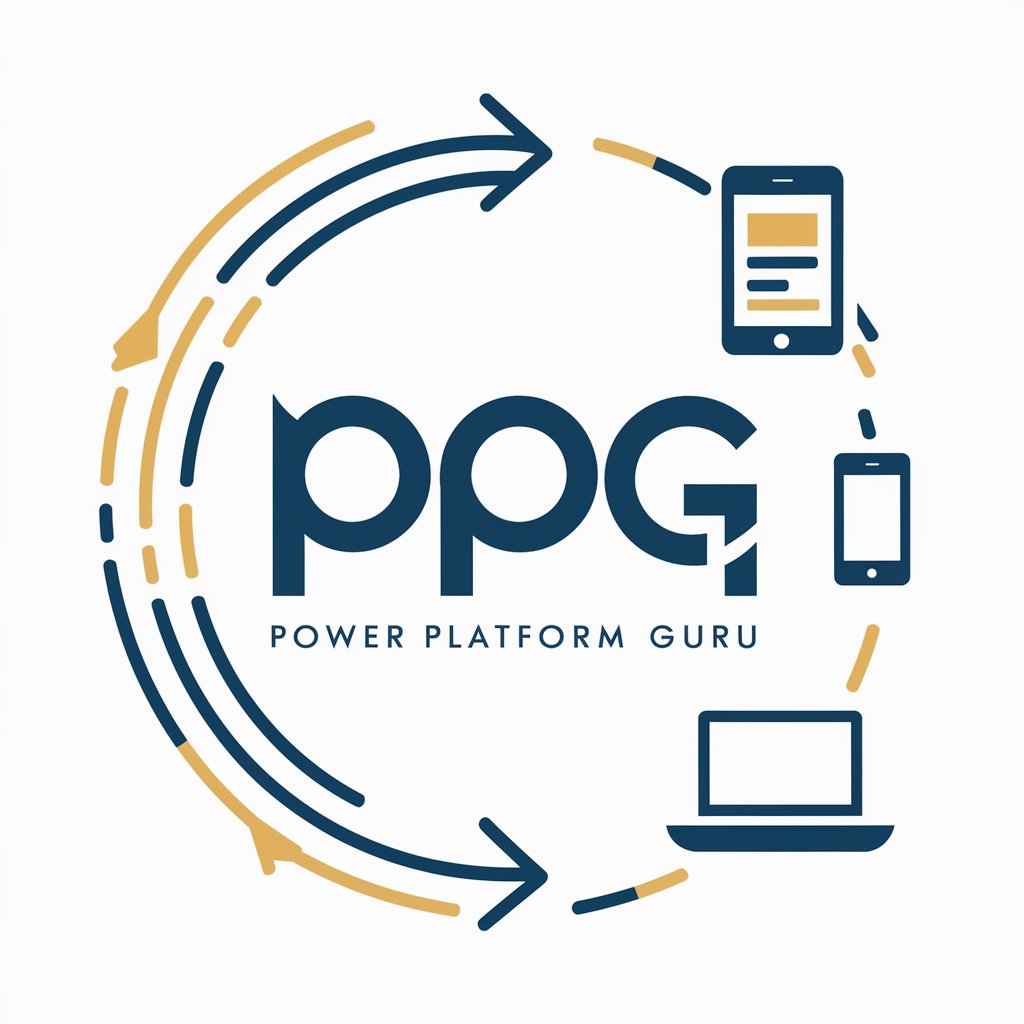
POWder
Empowering your ski adventures with AI-driven forecasts.

Good Mother
Nurturing Guidance at Your Fingertips

Good Wedding
Streamlining Wedding Planning with AI

Good Advice
Empowering Decisions with AI Insights
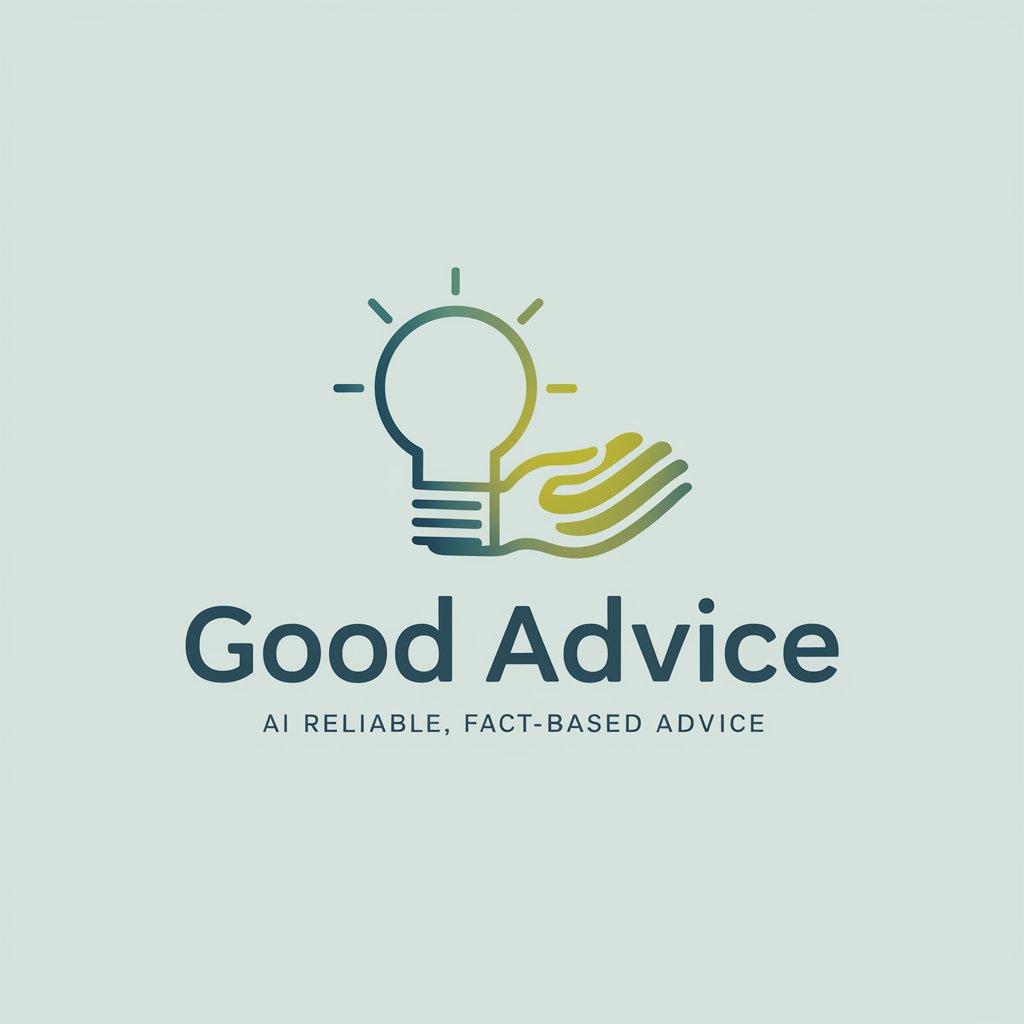
Good Buddy
Empathy Meets AI: Your Conversational Companion

Good Dad
Empowering Fathers with AI

Good Listener
Empathy through AI-powered dialogue
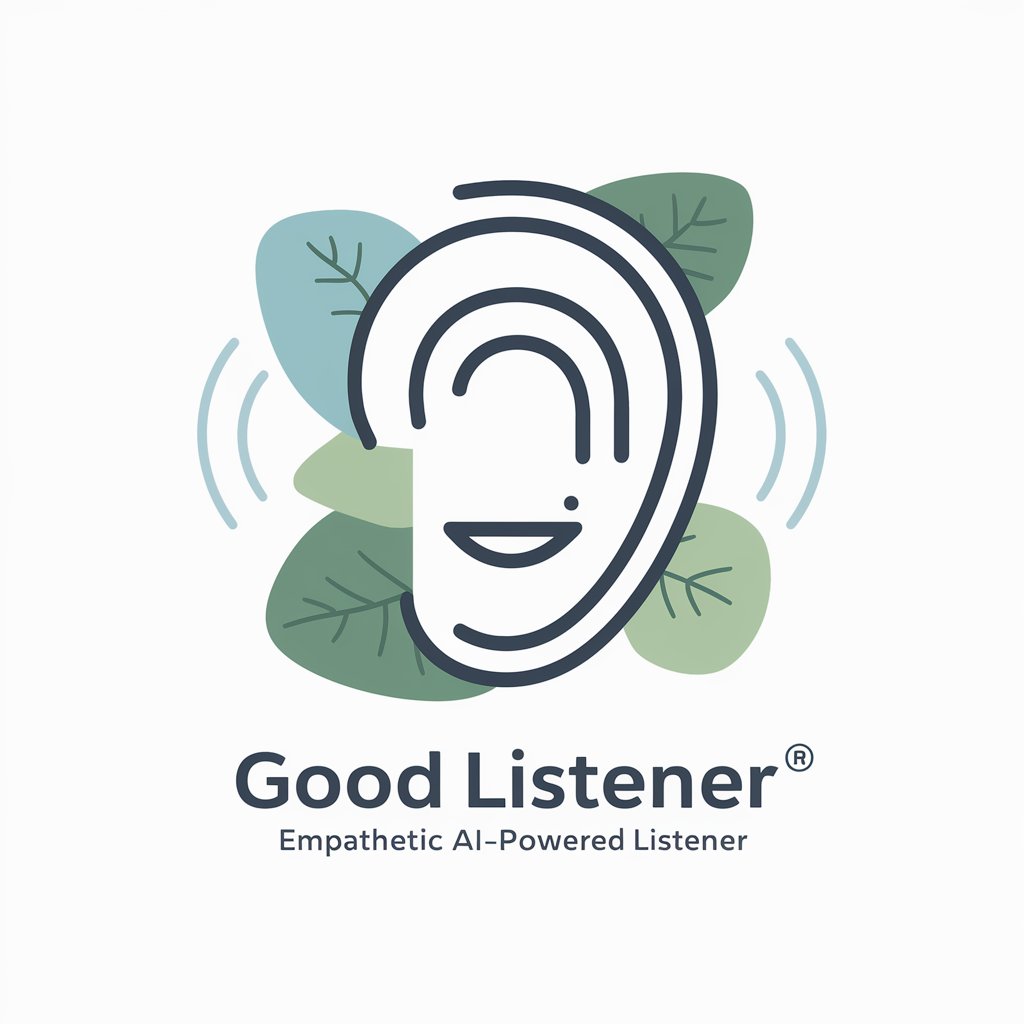
Frequently Asked Questions about CongressionalGPT
What is CongressionalGPT?
CongressionalGPT is an AI-powered tool designed to offer detailed explanations and historical context about the U.S. Congress, covering both its historical development and current legislative processes.
Can CongressionalGPT provide real-time updates on legislation?
While it offers comprehensive details on legislative processes and historical data, real-time updates should be verified through current news sources.
How can CongressionalGPT assist in academic research?
It can provide detailed background, analysis, and explanations on historical legislative events, key figures in Congress, and the evolution of legislative processes, serving as a valuable resource for academic writing.
Is there a limit to the number of queries I can make?
No, you can ask unlimited questions during your session, allowing for an extensive exploration of topics related to the U.S. Congress.
How does CongressionalGPT ensure accuracy?
It draws on a vast database of historical and legislative information, updated until April 2023, and uses advanced AI techniques to generate accurate and relevant responses. However, users are encouraged to cross-verify critical information.
